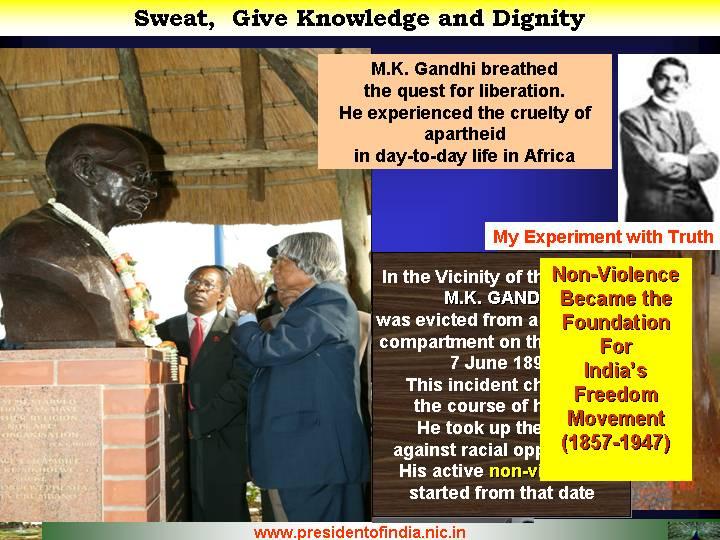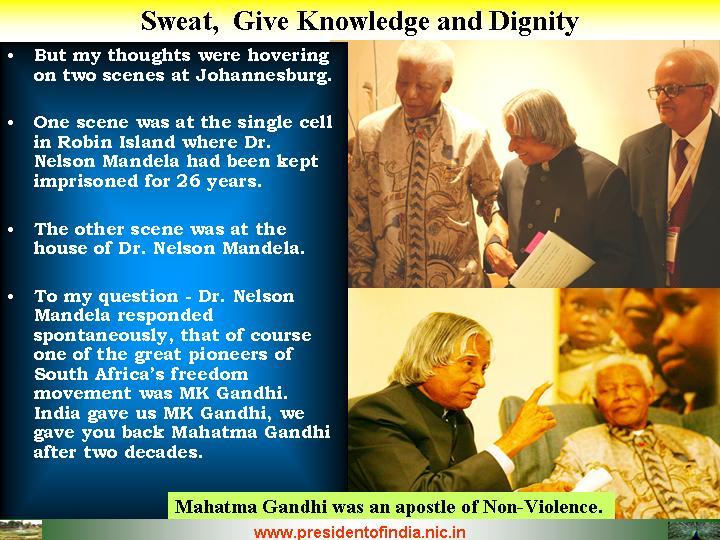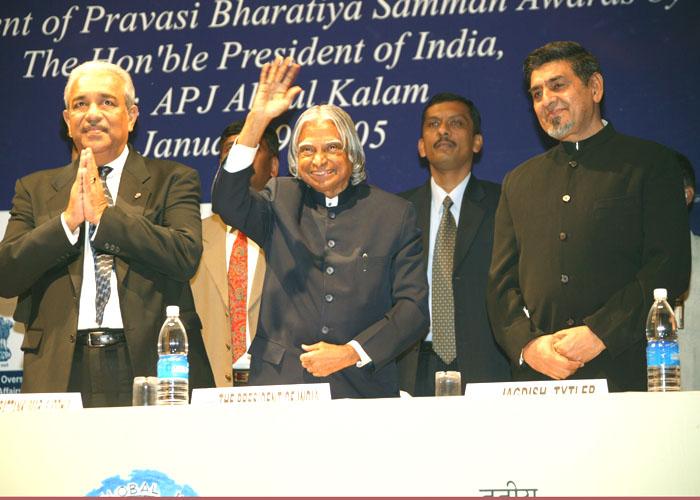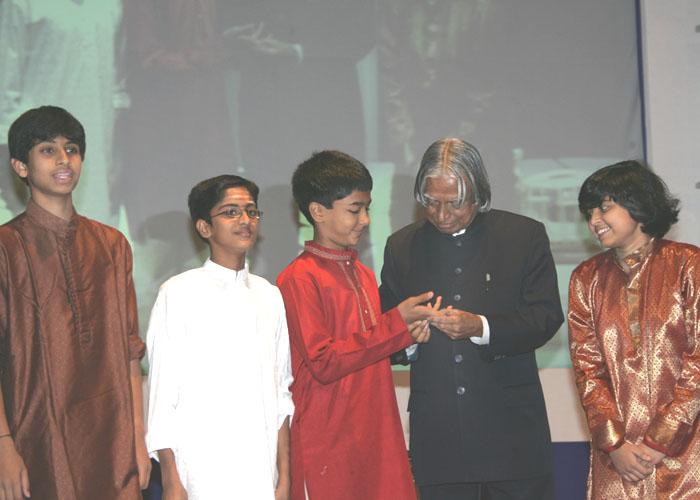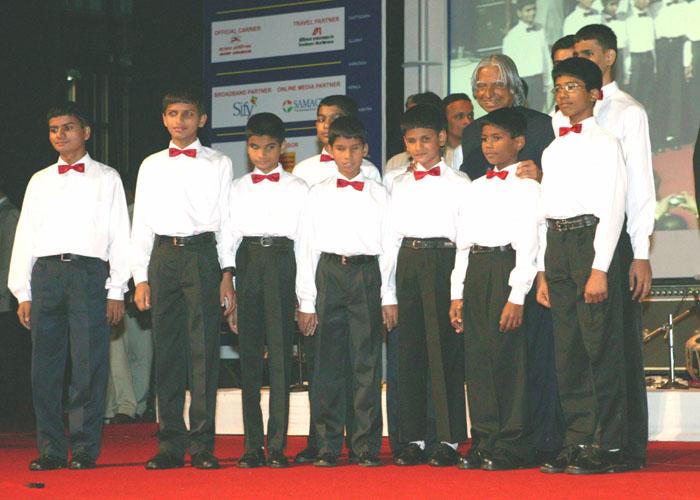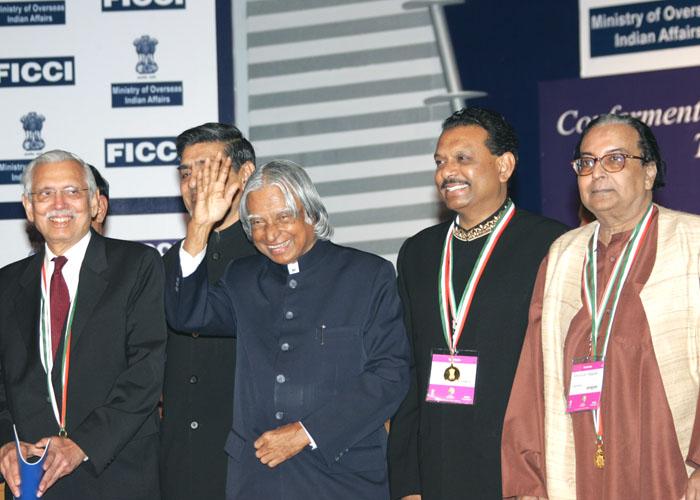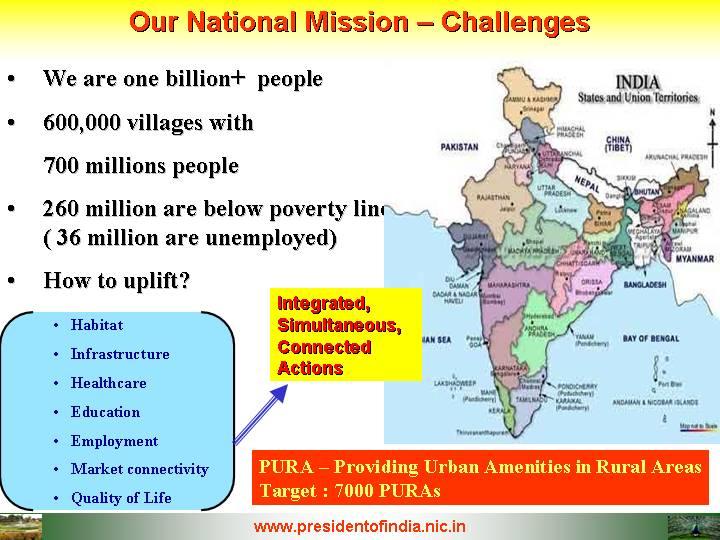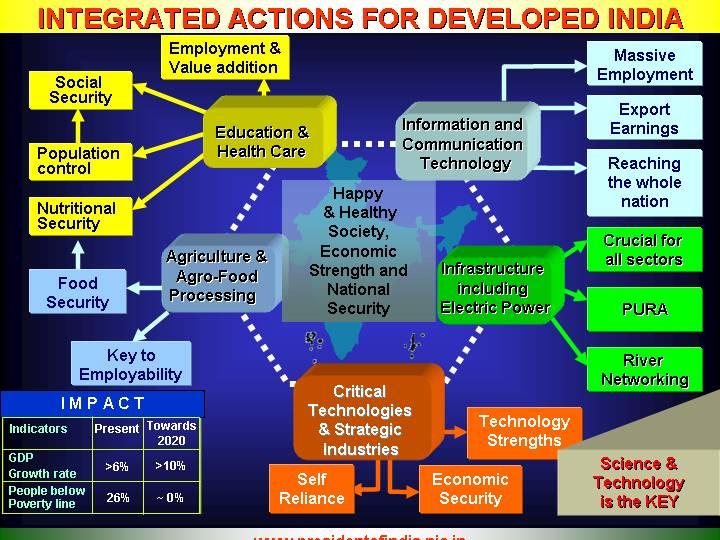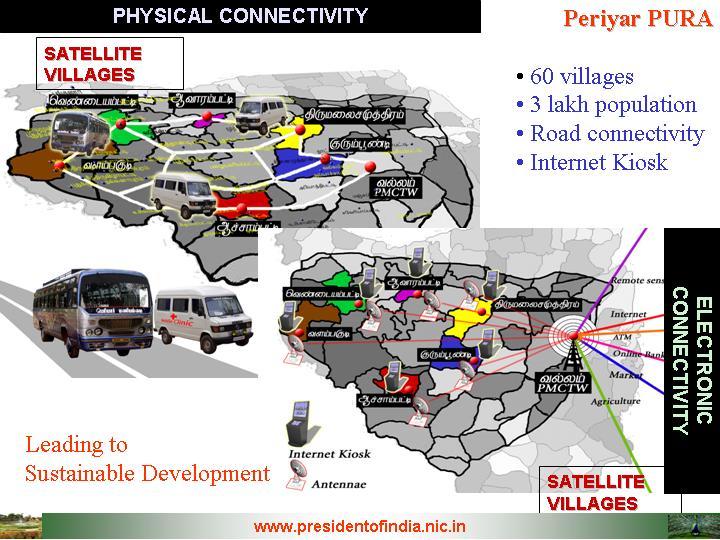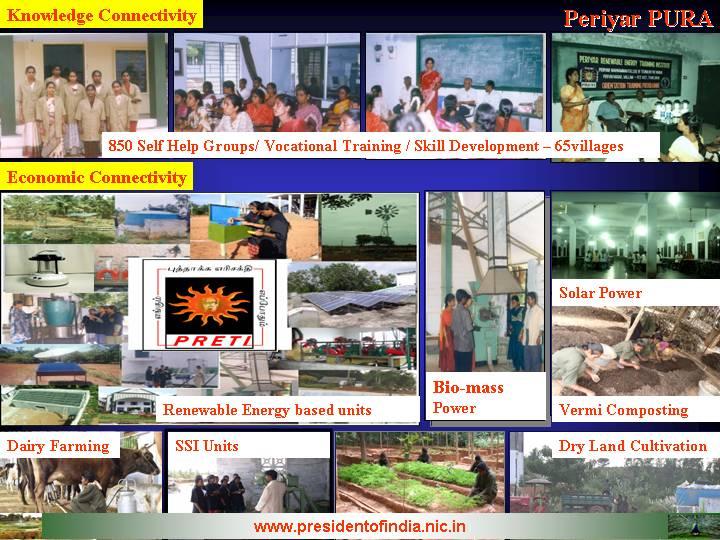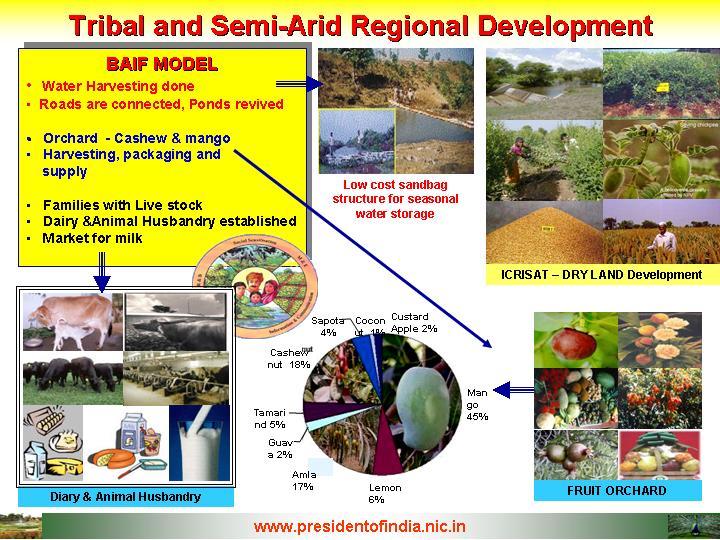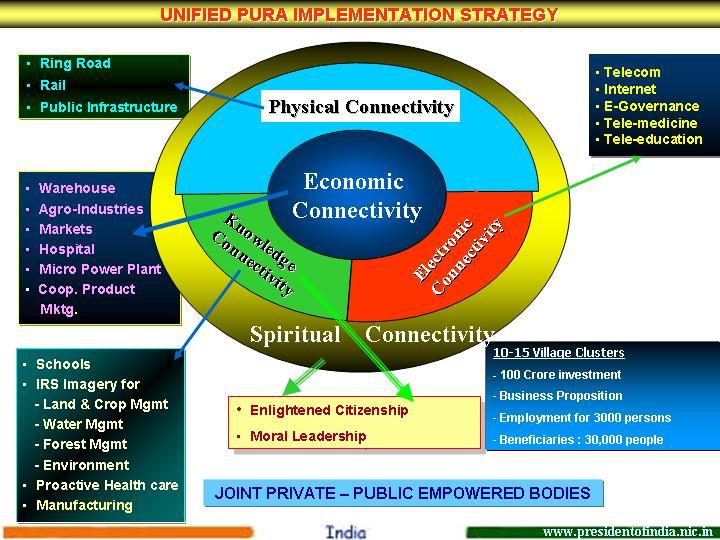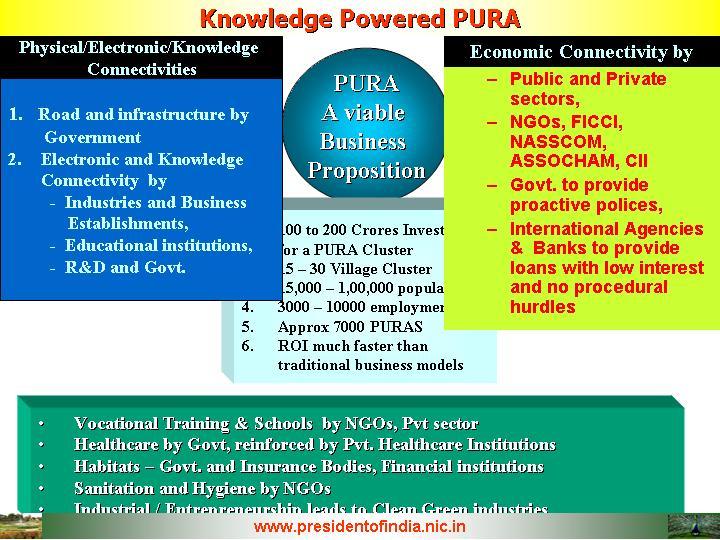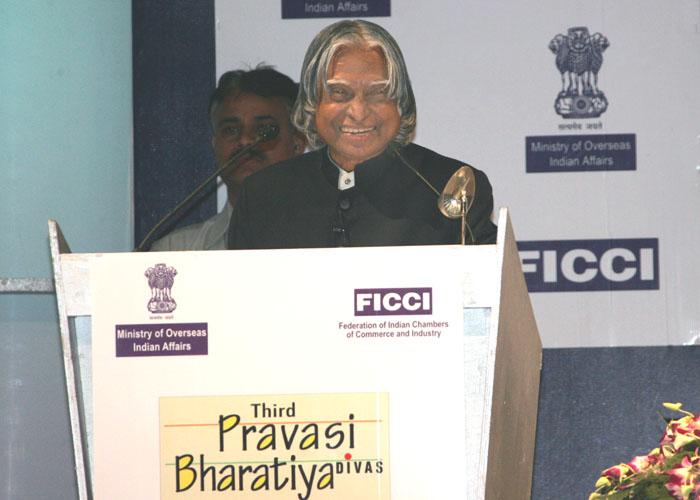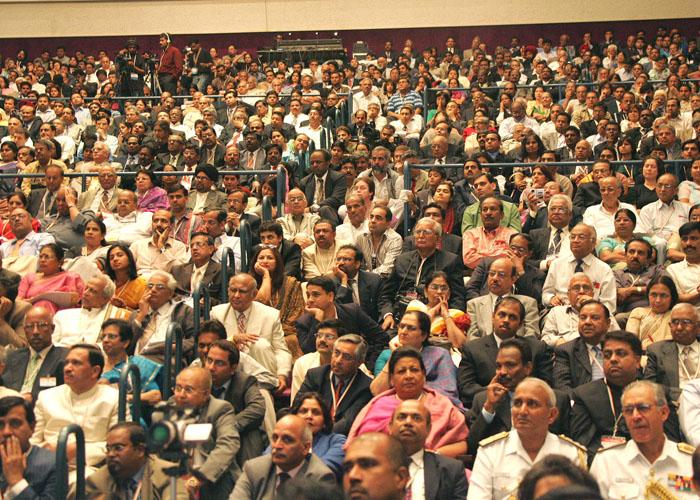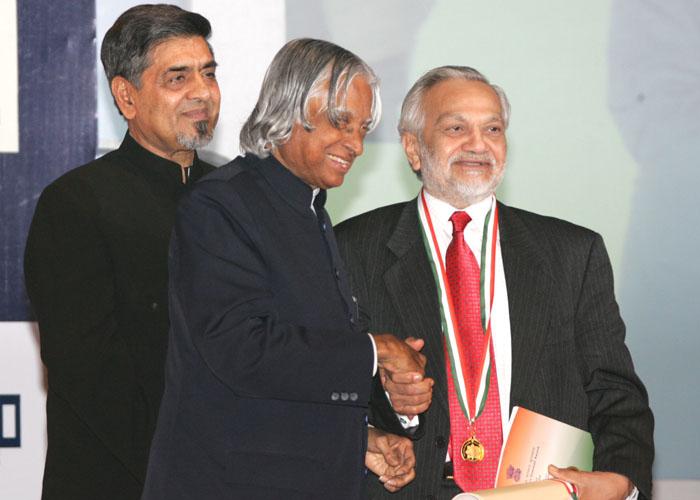Address At The Conferment Of The Bharatiya Samman Awards 2005 To Prominent Nris/pios, Mumbai
Mumbai : 09-01-2005
Your Prosperity is our Happiness
I am delighted to participate in the conferment of Bharatiya Samman Awards 2005 to the selected Non-Resident Indians (NRIs) and Persons of Indian Origin (PIOs). I congratulate the award winners for their excellent contribution in fostering the understanding of India, addressing India?s causes and concerns, and the services rendered to the Diaspora. This in turn will result in the promotion of healthy bilateral relationship between the countries and enable us to project the right image of our nation abroad. I am happy to see you all, who have come from different parts of the planet. My greetings to the members of the Ministry of Overseas Indian Affairs, Federation of Indian Chambers of Commerce and Industry, voluntary and non-governmental organizations, distinguished guests and other participants.
I was thinking what thoughts I can share with you. Will I touch the history of 20 million Indians living in various countries? Will I discuss what they have contributed to the nation they are living in? Will I share with you the unique experiences of overseas Indians in the gulf regions? Will I ask you what you will give to the nation of your origin? I am not going to talk to you on any of these aspects. Definitely I would like to discuss with you about your prosperity, wherever you are. Your experience in various environment in different countries will of course will enrich India. I feel strongly that your prosperity is our Happiness and that is the subject of my talk.
Sweat, Give Knowledge and Dignity
Today, I am with you on 9th January which is the day Mahatma Gandhi returned to India in 1914 from South Africa with his experience of fighting against apartheid system to embark on India?s freedom movement. At this point of time, I would like to recall my traveling on 16 September 2004 in a train powered by steam engine in a first class compartment of 1900?s vintage organized by Durban state of South Africa. When the train was moving from one station to another, Mahatma Gandhi?s struggle against apartheid system in South Africa was going through my mind. The train halted at Pietermartizburg, the station where Gandhiji was evicted on a cold winter night from a first class compartment and became a victim of apartheid. When I alighted at the Pietermartizburg railway station, I saw a plaque in the railway station, which reads like this:
In the Vicinity of this plaque
M.K. GANDHI was evicted
from a first class
compartment on the night of
7 June 1893.
This incident changed
the course of his life.
He took up the fight
against racial oppression.
His active non-violence
started from that date.
Later, I visited the Msunduzi Municipality where the Indian team was given a beautiful civic reception by the Indians and South Africans. But my thoughts were hovering on two scenes which I experienced in South Africa. One scene was, in Robben Island where Dr. Nelson Mandela had been imprisoned for 26 years, in a very small cell, and the other scene was at the house of Dr. Nelson Mandela. What a moving reception, the man at the age of 86 gave with all smiles. He had experienced a life in prison for 26 long years and also a beautiful life as a President of independent South Africa. When I was leaving from his house he came to the portico to give me a send off and while walking he discarded his walking stick and I became his support. While walking I asked him, ?Dr. Mandela can you please tell me about the pioneers of anti apartheid movement in South Africa??. He responded spontaneously, ?of course one of the great pioneers of South Africa?s freedom movement was MK Gandhi. India gave us MK Gandhi, we gave you back Mahatma Gandhi after two decades. Mahatma Gandhi was an apostle of Non-Violence?. That is indeed the tradition of India - to enrich whichever nation we go, our foremost responsibility is to enrich that nation. Enriching the nation is not only in financial terms, but enrich with knowledge, enrich with sweat above all enrich with honour and self dignity. So, I will be very happy if the NRIs and the people of Indian origin wherever they are in the planet they follow the footsteps of this 20th century leader Mahatma Gandhi.
India is Proud of You
Of course, in this gathering many of you are from different parts of the world. Some of you are working in other nations, putting all your efforts to earn and support your family in the remote corners of the villages of India. Some of you have given a political philosophy for the country which was not free and were under dictatorial regimes and some of you have enriched the nations with your knowledge. I extend my greetings and best wishes to all of you. The nation is proud of you, my friends.
Re-entry
Now I would like to recall the experience with a NRI, who had come back to India after a stay of twenty eight years abroad whose family has settled in Canada. This young man had his initial education in India, later studied in USA and became a leading Professor in the world in non-linear control systems. One day in 1985, when I was the Director, DRDL I got a letter from him stating, ?Mr. Kalam, I would like to work with you during the summer holidays?. His name is Prof. M. Vidyasagar. Within a week he reached India and became one of the popular teacher and important scientist in control systems in the campus. Many scientific teams and a number of academic institutions invited him to teach in their institutions. They requested him to participate in their research discussions. At the end of the summer holidays, I remember, Prof Vidyasagar entered my room and told me that he has decided to come back to India. It was a beautiful song for me. I asked Prof. Vidyasagar what made him to take this important decision. He said, ?I have various options, I can be in Canada or USA or I can serve the country where I am born. I would like to choose the option of coming to India and contribute. I know I am going to work in a difficult environment. But happiness comes only when you meet and solve difficulties and challenges.? Later, he became the Director of Centre for Artificial Intelligence and Robotics of DRDO and nurtured that establishment. He is now contributing in an innovative manner in the areas of bioinformatics, bio-suite software packages and drug discovery for TCS. I was talking to him yesterday and I asked him how he felt about his decision of coming back to India during the difficult time in 1989. He said, ?I am very happy and I do not regret that decision?. You are all aware, today India is a much better place and it is ready to deal with the world in terms of equality.
Everyone of You is indeed Message of Knowledge
I met two important personalities during the CEO?s Conference at Kochi in September 2003. One is ?hotmail? man Sabeer Bhatia and the other is management guru C.K. Prahalad. Sabeer Bhatia told me how he took risk and invested in knowledge and realized the dream. The environment of Silicon Valley was encouraging him to take up such a challenge. Also he suggested proactive governance system all around our country. C.K. Prahalad articulated that, ?the real source of market promise is not the wealthy few in the developing world, or even the emerging middle ? income consumers. It is the billions of aspiring poor who are joining the market economy for the first time?. So, friends I am proud of all of you who are outside India, giving and giving knowledge and your experience. India values it. Everyone of you assembled here is indeed a message, a message of knowledge and experience.
Panchayat Knowledge Centre
As you may be aware India has a mission of digitizing million books through a digital library programme. The programme has been launched in the year 2003. This has been initiated based on the thoughts of Prof. Raj Reddy of Carnegie Mellon University (CMU), Pittsburgh. Prof. N. Balakrishnan of IISc, Bangalore has been his scientific partner. Prof. Raj Reddy, an NRI has taken a special initiative of creating this programme in India, his mother land for improving the educational system in the country. This has been his passion for many years. Prof N. Balakrishan has progressed the programme well and made it as a movement. He has digitized 90,000 books out of which 50,000 are already on the web http://www.dli.ernet.in. Many of the books are in Indian languages. This Digital Library of India Initiative had also become test bed for many Indian Language Technology Research including the development of Machine Translation Systems, OCRs, Summarizers and so on in Indian languages. More than 21 centres spanning academic institutions, social organizations and Government agencies including the Rashtrapati Bhavan have partnered in creating this huge repository of knowledge. This programme is fully supported by the Ministry of Communication and Information Technology. This programme will assist in the exchange of thoughts, educational programme among our NRI/PIO community, especially the books on science, technology and literary pursuits. This event shows that how the people working in ICT areas can contribute innovatively in spreading the urge for education and knowledge among our rural masses through village knowledge centres. Thus, Panchayat Knowledge Centre will emerge.
Change in Thinking
I would like to share the experience of another personality who is an IIT Bombay graduate and has taken a unique initiative of doing what he would like. During his study itself he was concerned about the system of education and questioned of how the learning in the educational institutions has helped the society. Very rarely such thoughts come during the student phase. He went to Madhya Pradesh and started an enterprise called Vidushak Karkhana in Annupur near Shahdol. His name is Shri Anuvrata K Roy, universally known as Dunu. I was moved to note his contribution to the society which I consider as the highest category of contribution by an IITian. He became part and parcel of the grass root society, understood their problems and provided the type of technology needed for transformation. He moved with the people, he lived with the people and become a political environmentalist. The following statement made by him moved me. Quote ? ?To be able to extract valuable ores from the depths of the earth under harsh working conditions for a pittance that barely keeps the body alive, to provide the affluent with all the means for their comforts, while being denied one?s own basic necessities to maintain the entire structure of society, without any provision for one?s family future ? requires a kind of survival skills that only the most adventurous in formal society can dream of.? Unquote.
India?s Challenges and Mission
This statement takes me to the problems of 260 million people out of one billion population of our country who are below poverty line, what can we do for them? I consider it as a great challenge. We need to have a very big mission. When I visited a complex of sixty five villages near Vallam, Thanjavur district, I saw how the Women?s Engineering College had taken the initiative to transform the lives of three lakh people living in the villages located in the complex.
Periyar PURA (Providing Urban Amenities in Rural Areas)
It has a ring road and interconnecting roads covering major villages along with bus transport system. They have provided Internet kiosks through wireless connectivity for many of the villages. Periyar Maniammai hospitals and family welfare centres along with the mobile cancer diagnostic clinic provides health care to the population of the rural complex. Campus provides education from Kindergarten to Post graduation. In addition, they are providing knowledge connectivity through awareness and training programmes for use of organic manure (vermi compost), Yoga and Siddha-based formulations, renewable energy, rainwater harvesting and general health. Women are empowered through Self-Help Groups, entrepreneurship development programmes including training programmes for skill development and micro business activities. Organizers of Periyar PURA have established so far 525 self-reliant Self Help Groups, which provide employment for 8000 rural women through products for which technologies have been transferred. They are self-sufficient in energy through solar power and biomass gasifier plants. Towards economic development they have integrated farms, energy plantation, aquaculture, livestock farms and dry land horticulture. They have innovative water management schemes for irrigation. Provision of training to the village community in printing technologies, refrigeration & air conditioning, hardware training, Desk Top Publishing (DTP), plumbing, electrical wiring, welding/fabrication, bakery and construction technology has created job opportunities to the villagers. The members of the villages are fruitfully employed and they are producing value added products. A transformation has taken place keeping our civilizational heritage intact and converted the rural settings into a livable habitat. I have witnessed the progress of this project.
I would like to tell you, how an engineering college for women with a vision can transform sixty five villages. They have the passion to transform the lives of the village around them as they thought differently and acted differently. That is how they enriched the society all around. Now I would like to narrate another experience of rural development in Gujarat which I experienced during my visit with Dr. Narayan G Hegde, an IIM graduate who is an expert in farming and Dairying.
Bharatiya Agro Industries Foundation (BAIF) Model for Tribal Rehabilitation Dry Regions
This experience pertains to two village clusters of south Gujarat - Chonda and Lachakadi, with a population of 5000. In these villages every summer the tribal people migrate to nearby towns. The BAIF model was installed in these two villages with peoples? co-operation and the participation of state authorities. Firstly water harvesting was undertaken to get water for every individual. Every home was provided with livestock and also a market for milk. Simultaneously, fruit orchards were established with various fruit crops such as cashew and mangoes, which are tolerant to drought. When I visited, these villages, there was a connecting road and water ponds. The tribal population, with radiant smiles on their faces, was harvesting crops, packaging and carrying milk to different supply points. I happened to see the economic growth and prosperity of the tribal people, which has been facilitated by BAIF with people?s participation. I understand that this model ? Vadi (Orchard) has now been replicated in many places by the state governments of Maharashtra, Gujarat and Rajasthan.
I was told that the project was implemented through Self Help Groups (SHGs) by building mutual confidence. The groups took the responsibility to help the weaker members. This boosted progress. The results were phenomenal. In Ghatol cluster in Udaipur out of 3000 poor families, more than 90% were able to earn Rs. 20,000 per annum. Efficient watershed development not only helped to ensure the availability of safe drinking water throughout the year but also boosted their crop yields from 30% to 80%. Over 800 hectares of Anola orchards were established for the first time in the region, which started yielding from the third year. The farmers groups have started processing and marketing the fruits. The entire village cluster was self-sufficient in food supply. Dairy and animal husbandry further boosted their family income from 30 to 60%. These families had formed 71 Self Help Groups and 24 village level organizations. They have built their own corpus of Rs. 30 lakhs. Hence, the economic prosperity has arrived. The Periyar PURA and the BAIF model are indeed the two good examples how PURA can be established by the initiative of the great leaders having passion for rural development. Now I would like to discuss the Knowledge Powered PURA (Providing Urban Amenities in Rural Areas) Programme.
Knowledge Powered PURA
The integrated methods, which will bring prosperity to rural India are: the physical connectivity of the village clusters through quality roads and transport; electronic connectivity through tele-communication with high bandwidth fiber optic cables reaching the rural areas from urban cities and through Internet kiosks; knowledge connectivity through education, vocational training for farmers, artisans and craftsmen and entrepreneurship programmes; these three connectivities will lead to economic connectivity through starting of enterprises with the help of banks, micro credits and marketing the products. The PURA is a viable business proposition.
I am sure the rich knowledge and experience gathered by the Diaspora will definitely be beneficial in creating PURA complexes in many regions in the country based on the typical examples of Periyar PURA and BAIF model. Other areas of interest will be establishment of mobile hospitals in village complexes, generation of bio-fuel through Jatropha plantation, providing quality education through universal tele-education system and improving the environment and sanitation systems in rural areas. I am sharing this PURA programme and two successful examples of implementation in two rural complexes with you, since many of you would have belonged to rural India and you may think of a mission of imparting knowledge and experience for establishing many PURAs in the nation.
Enlightened International Citizens
The world is fast shrinking and as the forces of globalization gather momentum, we need the education systems around the world to generate enlightened international citizens who would be able to work together as citizens of our planet Earth. How does one produce an enlightened international citizen? It can be done through a combination of learning and value system. An important component will be the graduating of religions into a spiritual movement and the most vital component would be to eradicate poverty by attaining economic prosperity in our developing countries. This will result in creating international citizens who would bring peace on the Planet Earth. This philosophy has been expressed in the following message which I wish to give to you on this occasion of the Pravasi Bharatiya Diwas :-
Righteousness
Where there is righteousness in the heart,
There is a beauty in the character.
When there is beauty in the character,
There is harmony in the home.
When there is harmony in the home,
There is order in the nation.
When there is order in the nation,
There is peace in the world.
- A Hymn
Friends, we can see a beautiful connectivity between heart, character, nation and the world. How to inject righteousness in the human heart? This is indeed the purpose of human creation - that is divinity.
Overseas Indian Research Foundation
Dear friends, I have a suggestion for all of you. If you would like to make a difference in the world as a Pravasi, what can be the mission?
Every year, different parts of the earth, experience natural disasters in one form or the other in the land, in the sea and also in the mountains which results in loss of precious lives, damage and destruction to properties and disruption of normal human activity and even an environmental change. Also many children are orphaned and women are widowed. I request all of you to join together and launch an Overseas Indian Research Foundation with a seed capital of $ 100 million. This foundation will be responsible for leading the research in challenging areas like prediction of earthquake. The Foundation has to identify institutions of excellence and excellent researchers and provide them the environment and resource to do the research. Results some time may take long, particularly in the area of earth prediction. But if it is done it will make the whole planet a better place to live. Will you all take this challenge? Overseas Indians will be remembered for this great initiative by the whole world community.
Conclusion
Dear friends, I realize the importance of 20 million overseas Indians living in various countries of this planet. On this day, what can be the message I can give to all of you? Wherever you are, whichever country you live, enrich that country with sweat, knowledge and dignity since you belong to a nation of that tradition. At the same time, remember that we have a common umbilical connectivity with our motherland India.
In this world where connectivity ? physical and electronic has become affordable, cultural connectivity becomes crucial to make a borderless India. An India where her Citizens contribute to the great Indian Dream of becoming a Developed Nation wherever they live is our dream. As Indians, we can make a difference to this world and impact the policies that govern the interactions between the nations. If only we can make sure that India.com ? an enterprise with all the Indian Citizens and all of you have a common focus when it comes to India?s future. If the combined knowledge power and hence the economic power of India.com is large, our voice will influence the world forums for better world. How do we go about it ? India today is heading towards a sound economic growth and has become an enviable home for the best talents in multiple fields including Science and Technology. If you are a successful academic or a businessman or an entrepreneur or an artist, can you take upon yourself like a one man NGO the task of ?replicating you? in an Indian here ? This way you can help the nation building by direct quantifiable action. I am sure you must be having ideas by which you can create Sabeer Bhatias and Prahalads it would be our dream come true for us to see this happen.
I also take this opportunity to wish you a very Happy, prosperous and innovative New Year. May God bless you.
Documents

